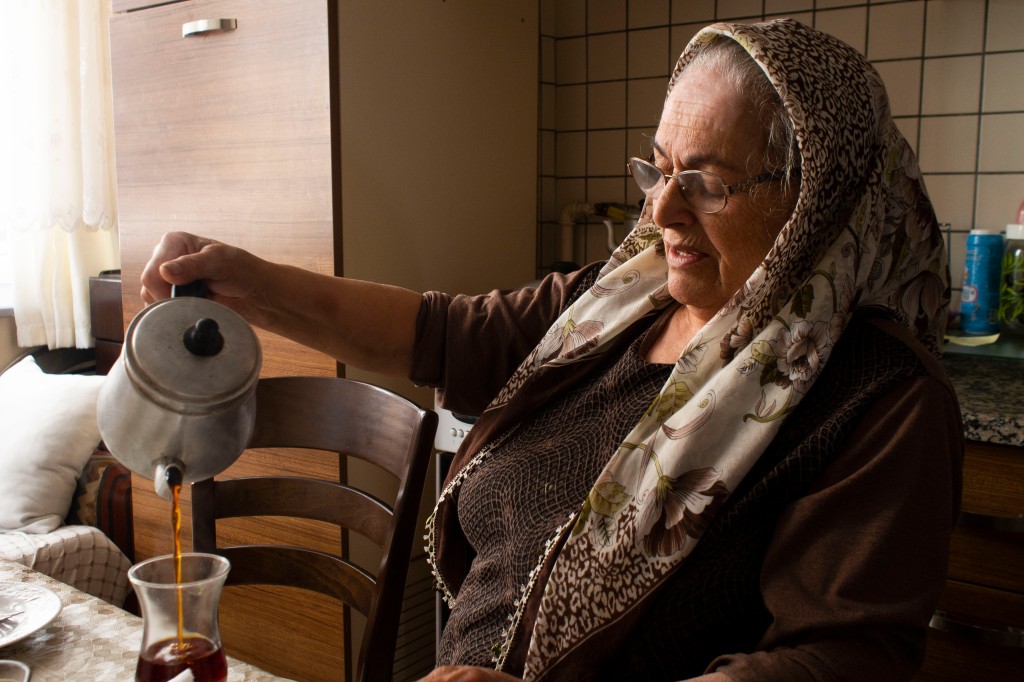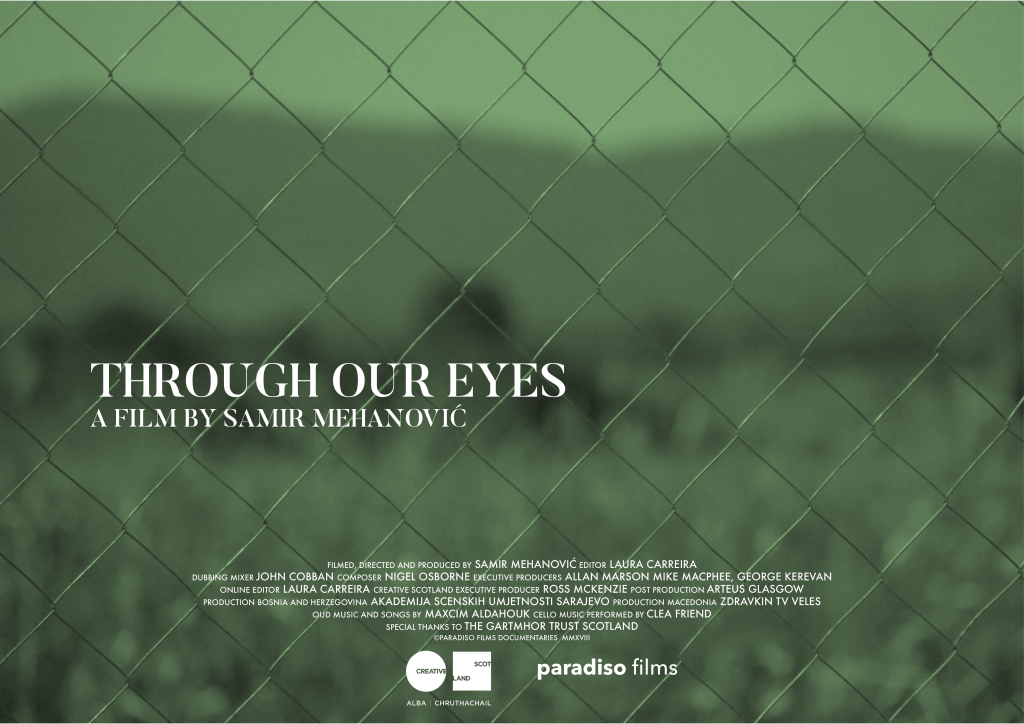Xenophobic Immigration Bill
The new Immigration Bill, described by one politician as “the most racist piece of legislation that this country has witnessed since the 1960s… aimed at setting up a regime of harassment for migrants”, will affect international students more than any other group as they already make up 75 per cent of those subject to visa controls.
The measures affecting international students contained in the Bill extend beyond the boundaries of university campuses and will severely impact students’ right to public health care and access to accommodation.
The Bill proposes introducing a fee – from £200 for undergraduate student to £3000 for Postgraduate Research Students with a family – to be paid for minor operations carried out by a general practitioner and accident and emergency services.
International students, and migrants in general, are being treated more and more like a burden to British society, constantly in need to be monitored and disciplined. Private landlords are also going to play a part in the new government scheme by being obliged to check their international tenants’ documents prior to signing the contract, effectively taking on the role of unofficial border agents and expanding the Home Office to the whole of society.
These new measures are in addition to the many controls already in place, which include biometrics entry clearance, institutional immigration checks, police registration (for those from over 40 countries), and employer immigration checks (where necessary). These practices, as rightly emphasised by a 2011 cross-university campaign, seem to be addressed to suspects rather that students.
International students are already reporting that they feel unwelcome in the UK, with a “significant number saying they would not recommend to their friends that they come here to attend university”. Further policing of international students is likely to discourage even more from applying to UK universities, which will result in the economic and cultural bankruptcy of British academic institutions.
Standing up with Selfies
“For every international student or staff, there is a UK friend willing to fight”
The government’s increasing attempts to make Britain a hostile environment for international students has provoked a clever, warm and inspiring campaign from students – both British and international – at the University of Sheffield.
To protest the new immigration bill, students and staff at the University of Sheffield and its student union are taking selfies of themselves and an international friend and uploading them online, with the hashtag #StandByMe.
The Guardian newspaper reported: “The aim is to demonstrate the number of international friendships within the university community.
Students will also submit a short description of their relationship, explaining their nationalities, how they first met, and how long they have been friends.
Students at Sheffield say they have already petitioned and sent letters to express their concerns. The University of Sheffield’s student union and international officer even visited parliament on January 30. They now say they need to get creative in order to be heard.”
Campaigning for the rights of international students
It’s been a busy time for Daniel Stevens, the NUS International Students’ Officer.
In an excellent response to sensationalist journalism – in which Panorama seems to delight in indulging, particularly if migrants are the target – Daniel criticised the BBC’s Panorama programme for its presentation of ‘student visa system fraud’.
BBC Panorama aired a segment exposing “student visa system fraud.” The footage showed students being given test answers to English language exams and having “fake sitters” take oral computer-administered exams. It then showed as agents provided students with fraudulent documents.
Now, Panorama should be commended for exposing wrongdoing and this type of activity should be rightfully condemned and rooted out. However, without context or balance, such coverage can tar the image of every single international student in the UK with its sensationalism and dramatics.
I do not believe there is wide scale abuse. I do not believe the system is “riddled” or “rife” with fraud. I believe that this is an extremely sophisticated, complex and costly system that was rightfully uncovered. It’s ridiculous to make the logical conclusion that because this activity/behaviour is happening the wider system is compromised. First, even if a thousand international students were using this system- that’s only 0.3 per cent of the overall total. Second, they would still not be able to work legally. Third, they would still be monitored by their institution. As one VC put it in an interview, international students are monitored in the UK in a way that would make Stalin proud.
This sad truth is that this simply gives more fuel for the Home Secretary to make further political attacks on the education sector. One which is already barely recovering from her previous volleys. Numbers of international students in further education and private providers have dropped by 80 per cent. The sector has basically been wiped out. Numbers in Universities have fallen for the first time in history. A recent NUS survey found that 51 per cent of non-EU students found the UK Government either unwelcoming of very unwelcoming and 19 per cent would not recommend the UK to a friend or relative. The programme is already being used to defend the Government’s overreaching policies.
What we should be focusing on, Daniel argues, is the injustice of sudden, spiralling fees for international students. Each year up to 175,000 international students at UK universities find their fees increase often without notice, reason or support. Without regulation or fixed fees, many international students begin programmes without any idea how much their fees will be each year. Some find themselves unable to continue due to the rising costs each year. Find out more at the NUS website.
Fears about fees are of particular pertinence to Syrian students, for whom “the prospect of staying at university to complete their chosen academic course remains bleak. Despite attempts by the government, universities and other organizations to alleviate some of the unique financial obstacles confronting Syrian students, who are predominantly in England and Scotland, deep fears about the future of financial support are widespread.”
The Independent noted that:
the psychological effects brought on by the unrest at home have severely impacted many students’ ability to remain and study at university. In some cases, Syrian citizens have been forced to abandon their studies altogether due to illness and stress.
Despite efforts to support Syrian students both within the country and abroad by other non-governmental organizations such as Jusoor, the fears faced by Syrian students studying in the United Kingdom are deep-seated. Pressure must be maintained on universities and the government to address these financial and psychological strains in the long-term, as well as for the current academic year.
Academics as border police
It’s not just students speaking out. Concerns have been expressed for some time by many university staff about their role in policing students’ immigration status. Now, more than 160 academics have written to The Guardian to
protest at being used as an extension of the UK border police, after universities have come under more pressure to check the immigration details of students.
The academics, from universities including Oxford, Warwick, Durham and Sheffield, accuse the Home Office immigration agency of “undermining the autonomy and academic freedom of UK universities and trust between academics and their students”.
This is a welcome move, highlighting the encroachment of the border into homes (especially asylum accommodation), hospitals and GPs’ surgeries, schools, universities public transport and even bank branches. We must, together, push back against this encroachment. We must build stronger communities that work together to make migrants safe from detention and deportation, and make the UK a safe and welcoming place for all migrants.
*This article was first published by NCADC/Right To Remain on March 6, 2014.



Leave a comment